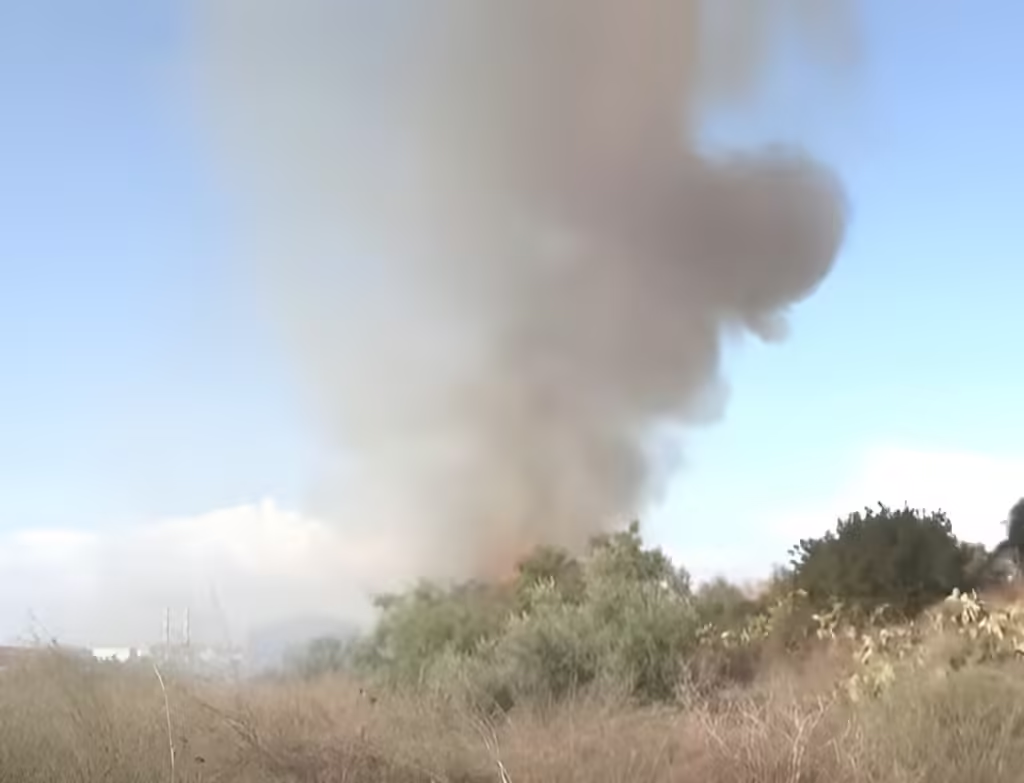In a significant escalation of the ongoing Middle Eastern tensions, a missile fired from Yemen recently landed in central Israel, according to reports from Israeli military officials. The missile, believed to have been launched by Houthi militants, penetrated multiple layers of Israel’s advanced defense systems, prompting a strong reaction from Israeli leadership.
Israeli Prime Minister Benjamin Netanyahu has vowed to retaliate following the incident, despite no casualties or damage being reported. “We will not tolerate any attack on Israel,” Netanyahu said, warning of severe consequences for those responsible. While the missile was intercepted, it was not entirely destroyed, leading to concerns about the effectiveness of Israel’s air defense systems.
The missile, reportedly a new hypersonic ballistic weapon, managed to breach Israel’s sophisticated air defense network, which includes the Arrow 3 missile system, David’s Sling, and the Iron Dome. This has raised alarms within Israel’s security apparatus, which is now facing questions about potential gaps in their defenses. Previously, Israeli air defenses had successfully intercepted most incoming projectiles, but this recent incident, along with a drone attack several months ago, suggests that militants may be identifying weaknesses.
“This is a concerning development,” said a security expert, “Israel’s defense layers are supposed to protect the nation from various threats, and the ability of these projectiles to breach multiple systems indicates a potential vulnerability that needs to be addressed.”
Tensions Mount as Putin Warns of War with NATO Over Ukraine Missile Restrictions
Tensions have been high in the region, with Israeli officials expressing concerns over the possibility of escalating conflicts on multiple fronts. The war in Gaza, along with threats from Hezbollah to the north, continues to strain Israel’s military resources. According to reports, there is growing unease within the Israeli security establishment about the lack of a clear political strategy for dealing with these threats.
The missile attack from Yemen has only added to the pressure. Although the Houthi militants claimed responsibility, the timing and nature of the strike have brought renewed focus on the broader geopolitical implications, including Israel’s fragile situation with neighboring Hezbollah in Lebanon. Many analysts believe that resolving the Gaza conflict could ease some of the tensions in the north, particularly with Hezbollah, a powerful Shiite group that has been preparing for potential conflict with Israel.
For now, all eyes are on the Israeli government’s response. While the timing of Israel’s retaliation is unclear, it is expected that any further attacks could lead to a broader regional escalation.

